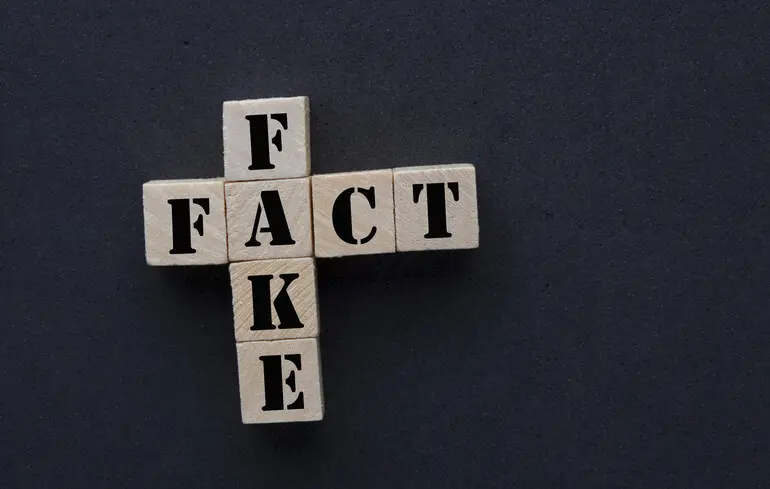Ukraine’s Society and the Challenges of Information Security: What You Need to Know to Protect Against Disinformation

According to recent sociological surveys, Ukrainians generally believe they can distinguish truth from falsehood effectively.
However, reality reveals a different picture: nearly half of the population does not regularly verify the information they receive, which leaves them vulnerable to widespread disinformation campaigns actively promoted through media channels.
The studies show that 40% of Ukrainians never check the authenticity of the information, while only 18% do so frequently or always.
This high reliance on instinct and unverified sources makes the population susceptible to fake news, manipulations, and propaganda—especially critical during wartime.
Key groups that tend to verify their information more diligently include young people aged 18–29, those with higher education, military personnel, and veterans.
Still, most Ukrainians rely on intuition or unverified sources, complicating efforts to combat misinformation.
Vulnerable communities include residents of border regions, lower-income individuals, less educated groups, and Russian-speaking populations.
Experts stress that the most reliable method for verifying information is to consult primary sources and critically evaluate their credibility.
Unfortunately, only about 14% of citizens undertake such practices due to the effort and time involved.
Modern technologies, including AI, increase the difficulty of identifying manipulations and falsehoods.
Disinformation often disguises itself as patriotic or emotionally charged narratives, further hampering detection.
Therefore, it is crucial for individuals to develop media literacy skills, cross-check information from multiple reputable sources, and be vigilant to minimize the influence of fake news on society and personal decisions.
Promoting awareness of media literacy and critical thinking is essential for resilience against ongoing information warfare, especially in times of conflict.
Public media, educational institutions, and civic initiatives must work together to empower every citizen to navigate the information landscape responsibly and confidently.

